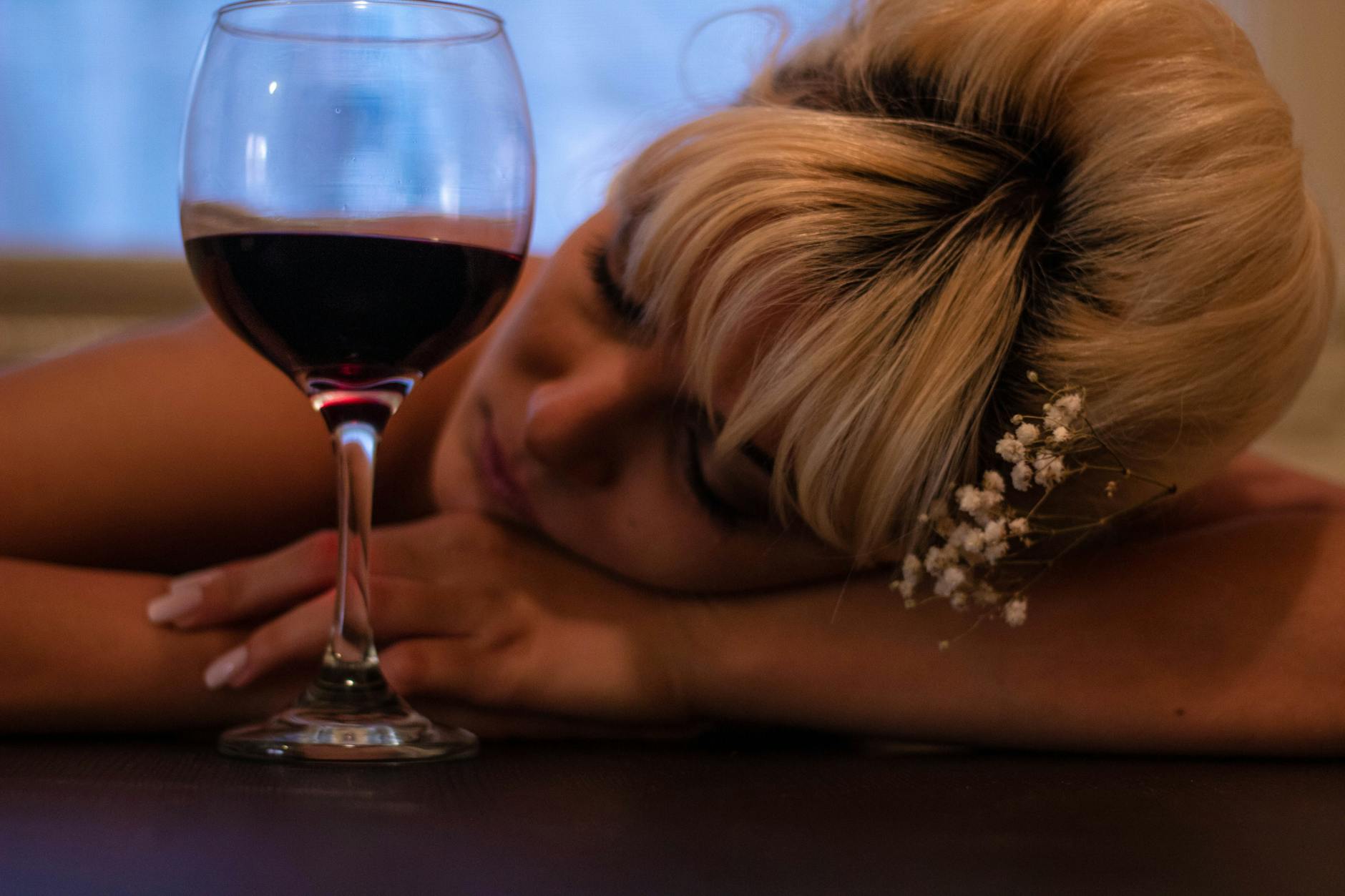
Have you ever felt nervous and jittery the day after drinking? Anxiety and alcohol seem to go hand in hand—for several reasons. Alcohol consumption brings up feelings of nervousness even in those not diagnosed with anxiety disorders. It affects serotonin and other neurotransmitter levels, which can carry over the next day. Here, we will discuss alcohol’s effects on the body and mind.
Detoxification and Withdrawal
Even when consuming a standard drink—12 ounces of beer or five ounces of wine—one experiences mild withdrawal and detoxification. It takes the liver approximately eight hours to remove alcohol from the body, and the process may create feelings of jitteriness. While this isn’t a sign of mental illness, it does indicate that alcohol may make existing anxiety conditions worse.
Insomnia and Disrupted Sleep
Even a single drink can disrupt the body’s sleep cycle, leading to irritable and nervous feelings the following morning. Alcohol is a sedative, but it affects REM and paralytic sleep, which is how the body revitalizes itself. Those who drink often may feel tired and out of sorts the next day.
A Lack of Minerals
Alcohol strips the body of folic acid, especially in women. A lack of folic acid increases breast cancer risk, and it may also cause feelings of anxiety and depression.
Poor Diet and Poor Choices
Many people eat fatty, sugary foods when drinking. These foods may taste great going down, but they can make for an uncomfortable and anxious morning.
Dehydration
Most people don’t realize there’s a link between dehydration and anxiety. Those who drink alcohol but don’t get enough water may wake up feeling worried and stressed. Alcohol is a potent diuretic, so it’s crucial to get plenty of water while drinking.
Embarrassment
Alcohol lowers inhibitions, which means it can lead people to make choices they wouldn’t otherwise. Waking up feeling embarrassed about what you may have said or done can create or worsen anxiety. It doesn’t take much alcohol, either—even one drink can cloud your judgment.
Allergies
Few realize it, but it’s possible to be intolerant or allergic to alcohol. The condition affects up to 10% of the population, and it is more prevalent in those with Asian ancestry. The signs of alcohol intolerance include flushed skin and feelings of excitability, anxiousness, and drowsiness.
Why It’s a Bad Idea to Treat Anxiety With Alcohol
Sometimes, anxiety comes long before alcohol. With time, a cycle of dependence and withdrawal is created, leading to symptoms such as:
• Elevated heart rate
• Hallucinations
• Nausea
• Tremors
Roughly three percent of the population has generalized anxiety disorder, and many use alcohol to regulate stress. After the booze wears off, though, the anxiety will come back stronger.
Anxiety Medications and Alcohol Don’t Mix
Those taking medications for anxiety should drink with caution. While the body processes alcohol—which neutralizes these medicines—feelings of nervousness and anxiety may occur. Read warning labels carefully and don’t mix alcohol with prescription medications.
It’s Possible to Manage Anxiety and Alcohol Use
If you’re overwhelmed by anxiety, there are several ways to get help. Those with histories of anxiety should share this information with their doctors so they know how alcohol and other substances may affect them. With the right program and some lifestyle changes, it’s possible to manage alcohol use and anxiety.


